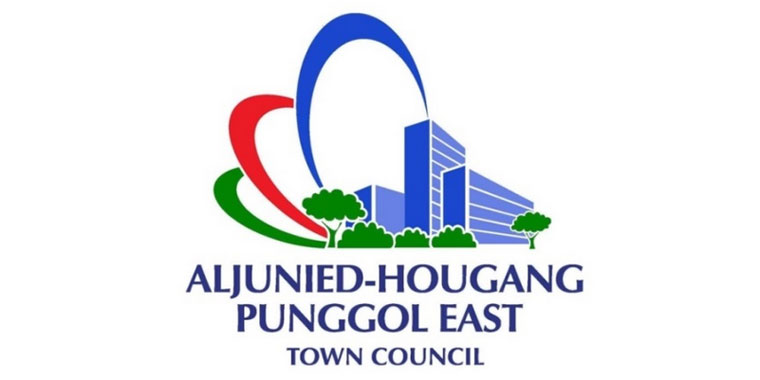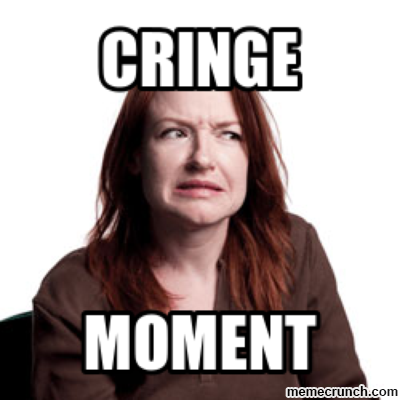The recent debates in Parliament has been an electric one. It must have captured the attention of many Singaporeans who were used to the People's Action Party (PAP)'s parliamentary monopoly over the years.
In fact, I think it's one of the more important moments in Singapore’s parliamentary history, for what it tells about the PAP and the main opposition party (Workers' Party), and the impression that people who watched it got from all that arguing.
When you point one finger, there are three fingers pointing back to you...
Firstly, I think the PAP has made a tactical blunder. They looked like a pack of hungry wolves that have not seen a piece of meat for months. True, politics is a vicious game. But in a country increasingly polarized, a more measured response should have been the most appropriate.
The twin daggers of dodging responsibility and mismanagement were what the men in white sank their teeth into the blue. But these twin daggers point at all politicians, and not just a select few. Coming on the heels of the columbarium ‘oversight’, a fare hike and the more distant trespasses through Woodlands Checkpoint (and how about Mas Selamat?), I bet there were more than a modest number of people who cringed as these daggers were thrown wildly seemingly without second thought.
Don’t get me wrong. I am not drumming sympathy for the underdogs or excusing them of any responsibility. Accounting loopholes are serious and must be rectified in the private or public sector. Cyclical maintenance of all services and infrastructure must be adhered to. That the MPs there could be unaware of a conflict of interest is of grave concern, and it is good for Singapore and Singaporeans that such an issue has come to light, enabling us to rectify and improve our municipal management system for the betterment of all.
Why focus on just the WP, instead of solving the problem nationally?
Secondly, the motion should go beyond just a debate on the AGC report. The current debate shifted the attention to the faults of WP, and not so much on improving legislation (as yet at least).
The overzealous slamming of the WP only made them increasingly defensive, thus straying from the original issue into a series of speeches and counter-speeches that really did not detail what can be concretely improved. How about a debate on the improvement on Town Council Act instead?
Political maneuvering is part of everyday politics, and the reasons that the WP cited (difficulty in attracting estate management companies) cannot be dismissed. The second issue that has seemed to fly over everybody’s heads is the efficient transition of management of Town Councils. If such transfer is proven to be difficult and frustrating, the end losers are not both parties, but the residents who reside in these areas.
Furthermore, the often sanctimonious and bizarre language used (think Minister Khaw Boon Wan's mention of Harakiri) was shocking. Colourful stories can be used to great effect. These, however, were better as negative examples of what not to say.
Political leaders as role models
Unfortunately, the rather rabid attack on a clearly guilty party brought out the worst of politics. Yes, other parliaments worldwide can be nasty gladiatorial arenas, but we Singaporeans take pride in our orderliness and composure, do we not?
After all, we often learn from our leaders, be it our parents, mentors or public figures. A lynch mob mentality is something I hope not to see in our Singapore. Let us learn to be the better man.
Top photo from here.
If you like what you read, follow us on Facebook and Twitter to get the latest updates.
If you like what you read, follow us on Facebook, Instagram, Twitter and Telegram to get the latest updates.


